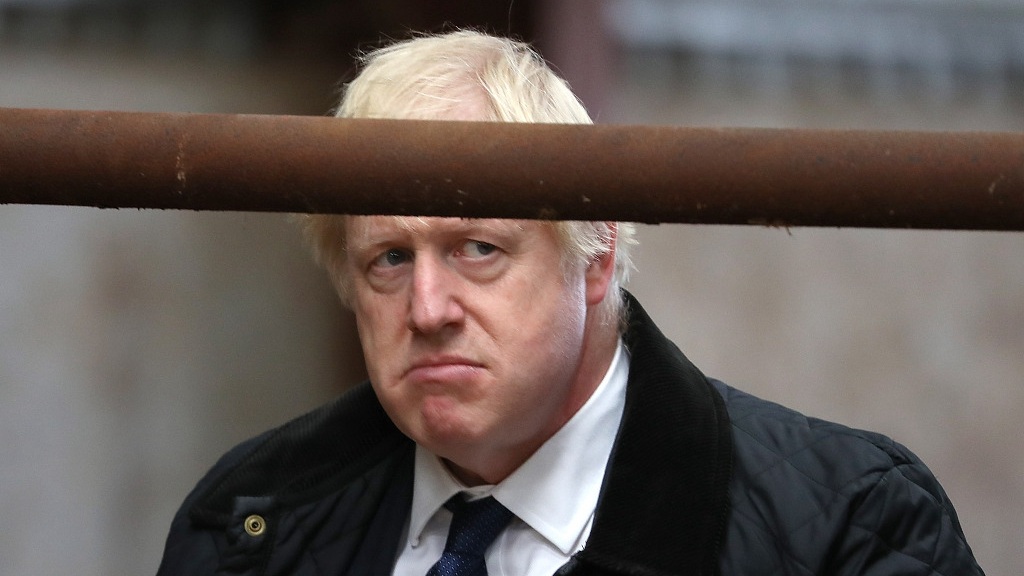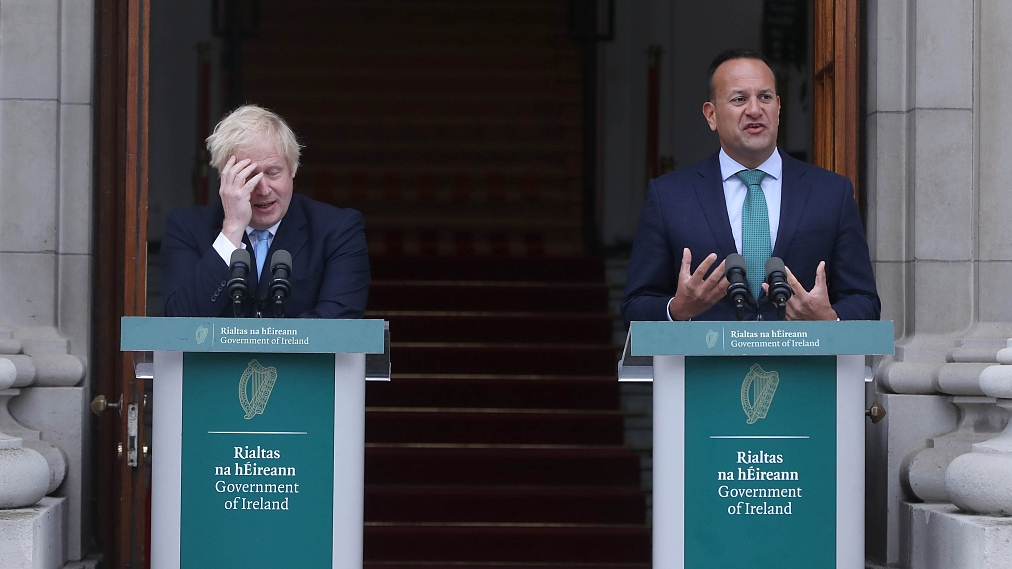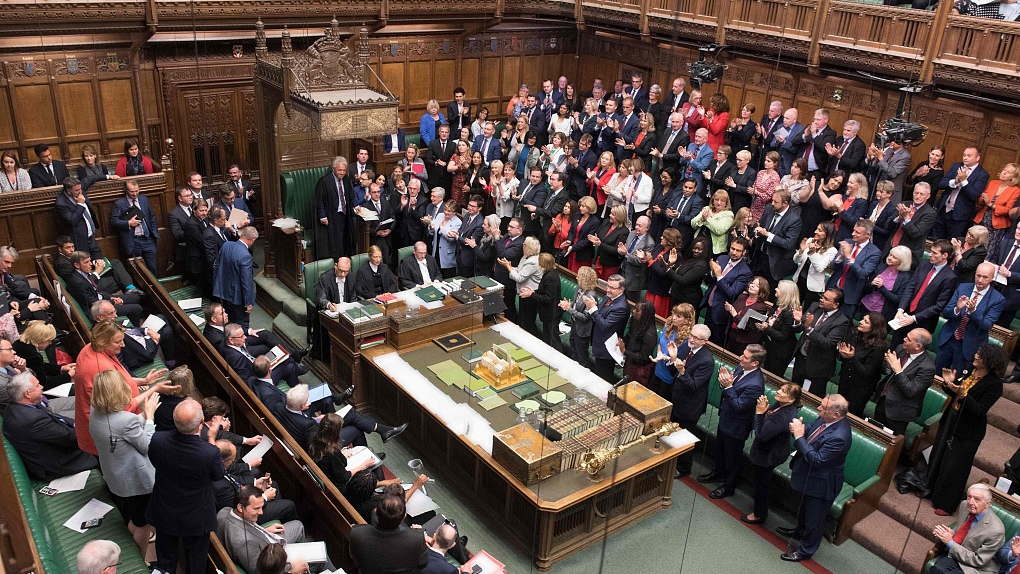

Boris Johnson's chances of keeping his October 31 Brexit promise narrowed further on a dramatic Monday in the British parliament with a series of votes going against his minority government and Speaker John Bercow announcing he would step down.
The government's strategy was always likely to provoke strong opposition, but the fallout over the past week has been extreme with the prime minister now boxed into a corner and his party split against a united opposition. Johnson may yet deliver, but his route to doing so will not be as planned.
The prime minister and his advisers apparently banked on rival parties agreeing to a general election, but Johnson's second attempt to force a poll failed on Monday with the vote falling well below the two-thirds majority required.
Opposition parties reiterated that they would back a national poll only when a no-deal Brexit at the end of October had been ruled out, and thanks to the government's controversial decision to suspend parliament for five weeks an election is now not possible before November.
Deal more likely?
The new legislation forcing the prime minister to request a Brexit delay until January 31, 2020 unless a deal is passed in parliament by October 19, which became law on Monday, puts Johnson in a bind.
The prime minister has said he would rather be "dead in a ditch" than request a Brexit extension and promised to deliver Brexit "do or die" on October 31, but ignoring the new law would cause a storm that could land the prime minister in jail.
Parliament will not sit again until October 14 after being prorogued on Monday evening, so Johnson and his advisers now have five weeks to scramble for a way out.

UK Prime Minister Boris Johnson meets Irish Taoiseach Leo Varadkar in Government Buildings during his visit to Dublin, September 9, 2019. /VCG Photo
The cleanest option remains to reach an exit deal with the European Union. A perceived lack of diplomatic effort led to the exodus of Conservative MPs from the party over the past seven days, but attempts to negotiate do appear to have been stepped up.
Plans are in place for Johnson to hold talks with European Council President Donald Tusk and other European leaders at the United Nations General Assembly later in September, while there is also speculation that he could soon head to Brussels for negotiations with European Commission President Jean-Claude Juncker.
There is also renewed chatter about making the contentious backstop applicable only to Northern Ireland though the Democratic Unionists, the small party which formed a post-election pact with the Conservatives, would strongly oppose such a move.
The alternatives
An agreement with the EU still looks a long way off and other options to avoid the no no-deal legislation are being explored. The government insists it will stick by the law, but could attempt to sidestep the legislation's intention and find a loophole through which to leave the EU without a deal.
Possible schemes include provoking the EU into refusing an extension, making a deal with one member of the bloc to block a delay, and writing one letter calling for more time and another reversing the position. None is guaranteed to be successful.
Johnson resigning to force another parliamentarian to form a government and make the request is not impossible, but he is unlikely to give up his long-held dream of being prime minister and it would be difficult for any other figure to quickly finding a majority in the House of Commons.
The nuclear option, popular with some Brexiteers, is simply to ignore the new legislation. This would provoke outcry far beyond what has been seen already, with court challenges, mass resignations and even jail sentences possible.

John Bercow is applauded after announcing that he will stand down as the Speaker of the House of Commons by October 31, in London, September 9, 2019. /VCG Photo
Motions calling for the release of government communications regarding the decision to suspend parliament and documents relating to the government's no-deal contingency plan were also approved in parliament on Monday as well as a motion calling for the government to abide by the rule of law.
These are headaches the government didn't need, particularly the demand for communications relating to prorogation.
A suspicion that the suspension was really part of a bid to thwart opponents to Brexit no-deal has always been denied – if the communications reveal otherwise, the government will be accused of misleading parliament and the queen.
But these are likely to be sideshows over the coming weeks, with the focus remaining on how Johnson can extricate himself from the box he is now stuck in.
As British parties head into conference season, setting out their agendas for an election that is coming – but not as soon as Johnson hoped – the government still has cards to play, but no surefire winning hand.

Copyright © 2018 CGTN. Beijing ICP prepared NO.16065310-3
Copyright © 2018 CGTN. Beijing ICP prepared NO.16065310-3